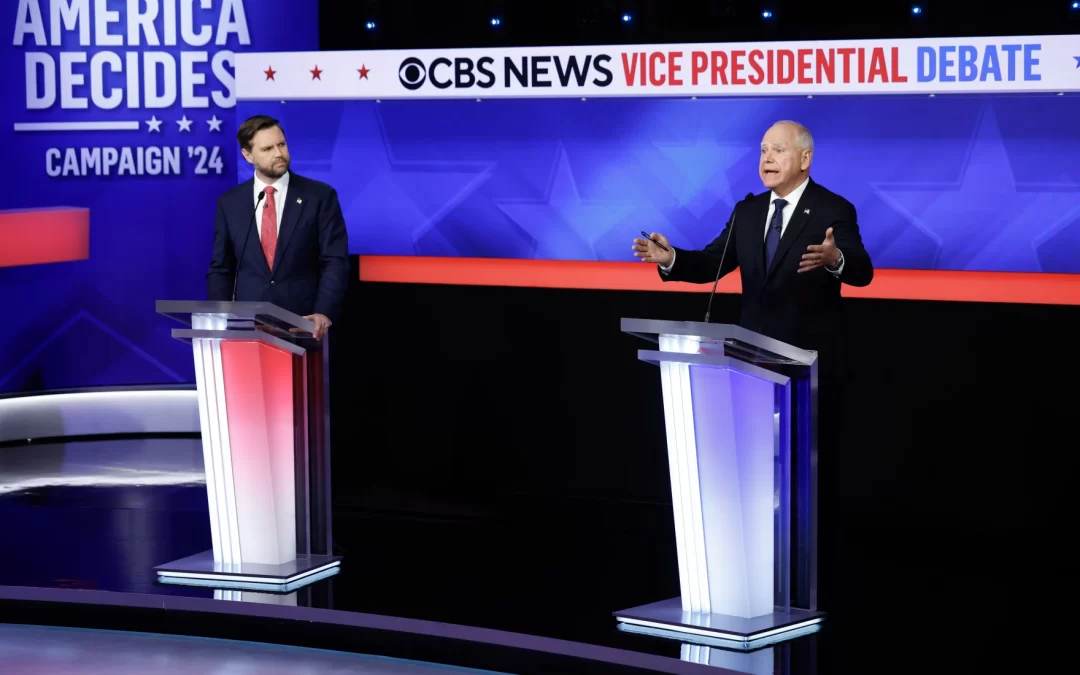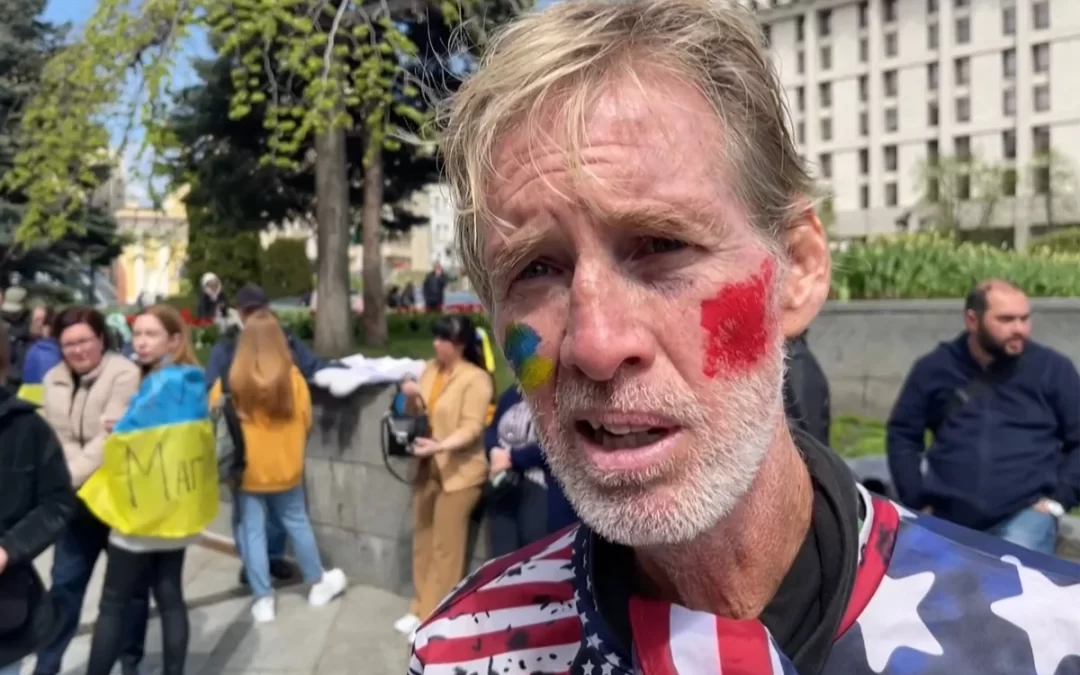
Letter from America - A Wake-Up call for the Democratic Party!
Letter from America - A Wake-Up call for the Democratic Party!
Donald Trump carried the day. The Republicans took control of the Senate. The Republicans will also keep control of the House of Representatives. That is the reality of politics on the ground in the United States of America (USA) after the latest election. This did not happen by accident, either. No doubt, that is an eye opener for the Democratic Party.
Divining Rod
Why did Kamala Harris lose the election? Well, many people suspected that the same administration would just continue with their same policies, and they were not happy with the administration and their policies. President Biden's satisfaction rating was at 36% before he pulled out of the presidential race, and that's a terrible rating. On the TV show 'The View', Kamala Harris was asked if she would change any decision made by Biden as president during his term. She thought for a moment, and answered: "Nothing occurs to me, and I was involved in the most important decisions." With that answer, she tied herself directly to President Biden and his policies. People came to the conclusion that there would be no significant change with Harris as president. But the majority of the country's people were unhappy with Biden, and they desperately needed changes. So, they saw that they had no other choice but to put Trump in office, whether they liked the man or not. But why were so many people unhappy with Biden and his administration? Well, as it turns out, Trump has a divining rod, and he is able to identify the groups of people who suffer the most from major problems. Then, he speaks directly to them, saying that he will solve their problems as president. What are the problems and who is affected by them?
Eggs, Coffee, Milk…
There was a strategist named James Carville who worked for Bill Clinton as part of his presidential campaign. He was asked about the most important messages for the campaign to focus on. He had three messages, but one spread rapidly, and that message is still in use. "It's the economy, stupid!" Carville said. People were not happy with the economy at the time, and therefore, the Clinton campaign should focus on the economy, and their plan to improve it. That plan was a great success at that time and Clinton won the presidency.
Trump was also able to focus on the economy, and get his message across in a simple way, aimed at those who were struggling financially. He shared an information graphic on his social media ('Truth Social'), claiming that many items were much more expensive now with Kamala Harris as vice president, than when Trump was president. He mentioned salmon, coffee, potatoes, cheese, milk, ham and eggs, and the increase in price from when Biden came in as president. While the details are debatable, his message was very clear – it's harder to put food on the table now with Biden and Harris in charge. That message had a great impact on people in the country who were struggling and who were living from hand to mouth.
The Working Class/Gen Z
Before 1992 and the presidency of Bill Clinton, the Democratic Party was the party of the working class. But Clinton moved his party towards the right wing and big business, and things have continued that way ever since. With that, they lost members of the working class, bit by bit. Often, these people were conflicted and were swing voters. Things got worse for them during the Biden period, when prices increased significantly, so that they were barely able to survive. They blamed Biden and his party and cast their votes for the Republicans.
Young people of Gen Z (18-27 years old), regardless of their class, had the same problem, as they wanted to achieve their independence, but were unable to do so, due to the cost of living. Many of them were voting for the first time.
The Republicans asked people the question: "Are things better for you now than four years ago?" For a large portion of the working class and for Gen Z, things are no better, and they are suffering because of it. According to them, instead of helping them, the Democrats were ignoring them. The Democrats weren't even talking or listening to them. Why would they cast votes for the Democrats, then? And did not do so.
Trump spoke with Joe Rogan on his podcast "The Joe Rogan Experience" for three hours. It's the most popular podcast in the United States with audiences over the age of thirteen. Trump was able to spread his message among the struggling people, blaming Biden and Harris, and saying that he would help them as president. There are many other examples of Republicans reaching out to the working class and Gen Z (for example on Hasan Piker's YouTube show) and saying that they knew the Democrats were ignoring them, but that the Republicans would help them so that things would be better for them from now on.
Lesson
Without a doubt, the Democrats took their eye off the ball. They were doing data analytics instead of focusing on the people of the country. They were not in contact with the ordinary people of the country and therefore did not understand what they desperately needed from them. It is time for the Democratic Party to do some soul-searching, in order to create a new inclusive approach that will tackle, on an urgent and practical basis, the biggest current problems facing the people of the country. To understand what is troubling them, the Party needs to reach out to them and then listen to what they are saying. It will be hard to earn their trust, and it will take time, but there is no other way for the Democrats to resurrect themselves.








